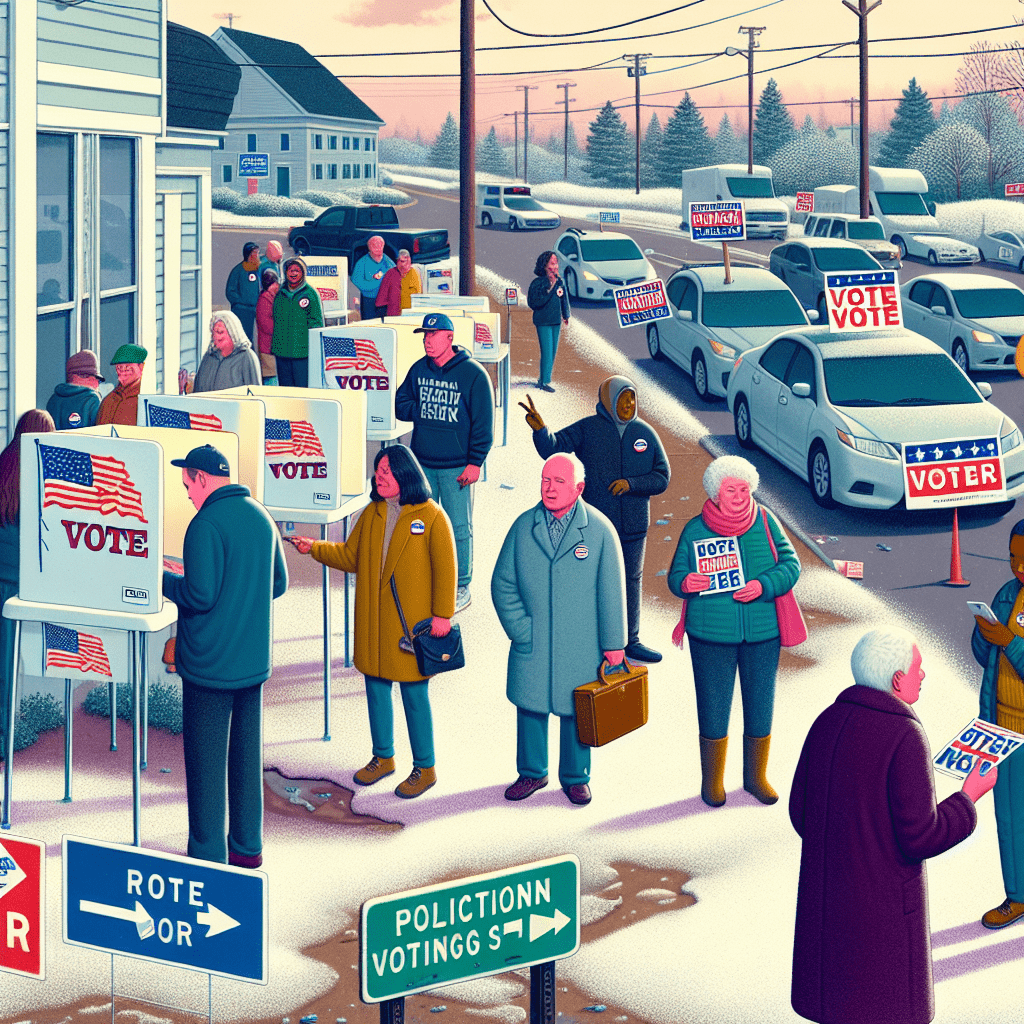Introduction to the New Hampshire Primary
The New Hampshire primary is a significant event in the United States political calendar and represents a pivotal milestone in the presidential election process. As the first primary in the U.S. presidential election cycle, it follows the Iowa caucuses and precedes a long series of state primaries and caucuses leading up to the eventual nomination of presidential candidates by the Democratic and Republican parties. Historically, New Hampshire has been seen as a bellwether for candidates’ electability and viability, with immense media attention and the chance for candidates to build momentum for their campaigns.
History and Significance of the New Hampshire Primary
New Hampshire’s status as the first presidential primary dates back to 1920. However, it wasn’t until 1952 that the New Hampshire primary gained prominence when voters gained the right to vote for individual candidates rather than just electing delegates to the party conventions. This change transformed the primary from a backroom deal-maker exercise to a more transparent and voter-focused process.
The New Hampshire primary has been significant because it’s the first time that candidates compete in a broad electoral event versus the caucus format of Iowa. Given its early timing, candidates dedicate considerable time and resources to campaigning in New Hampshire. Campaigning efforts include town hall meetings, house parties, and engaging with voters on a grassroots level. This proximity to candidates provides New Hampshire voters unique access and the ability to influence campaigns substantially.
Electoral Process in New Hampshire Primary
New Hampshire law requires that its primary is always the first in the nation, maintaining an importance that outstrips its relatively small number of delegates. Both state law and political tradition ensure that its primary will precede any similar contest by at least seven days. The Secretary of State has a significant role as they have the responsibility to set the primary date.
The open primary system in New Hampshire allows independents—the largest group of registered voters in the state— to vote in either party’s primary. However, unlike caucuses where voters gather in groups to discuss their choices, these are straightforward ballot votes, closely resembling a general election format.
Impact on Presidential Races
Over the years, New Hampshire has been credited with breathing life back into struggling campaigns or providing an early end to others. Its capacity to serve as a springboard or stumbling block for candidates is well-noted. Upsets are not uncommon in New Hampshire history; at times, dark horse candidates have surprised pundits by performing far better than expected. Due to this potential for surprises, a strong showing in New Hampshire is often perceived as a sign of a campaign’s national viability.
Nevertheless, it’s not always the winner of the New Hampshire primary that goes on to secure their party’s nomination. Rather, exceeding expectations can sometimes garner more momentum for a candidate than an outright win. Thereby, media coverage and subsequent fundraising efforts can be influenced significantly by whether or not a candidate performs up to or beyond what pre-primary polls suggest.
Recent Changes and Controversies
In recent years, there have been calls to reform the primary process including questioning New Hampshire’s privilege of holding the first primary. Critics suggest this gives undue influence to a state that is not fully representative of the country’s demographics or political complexity.
Yet defenders of the status quo stress that New Hampshire voters take their responsibilities seriously and argue that the “retail politics” feel of its primary represents a truly democratic process where candidates are forced out of their comfort zones into real interactions with everyday Americans.
